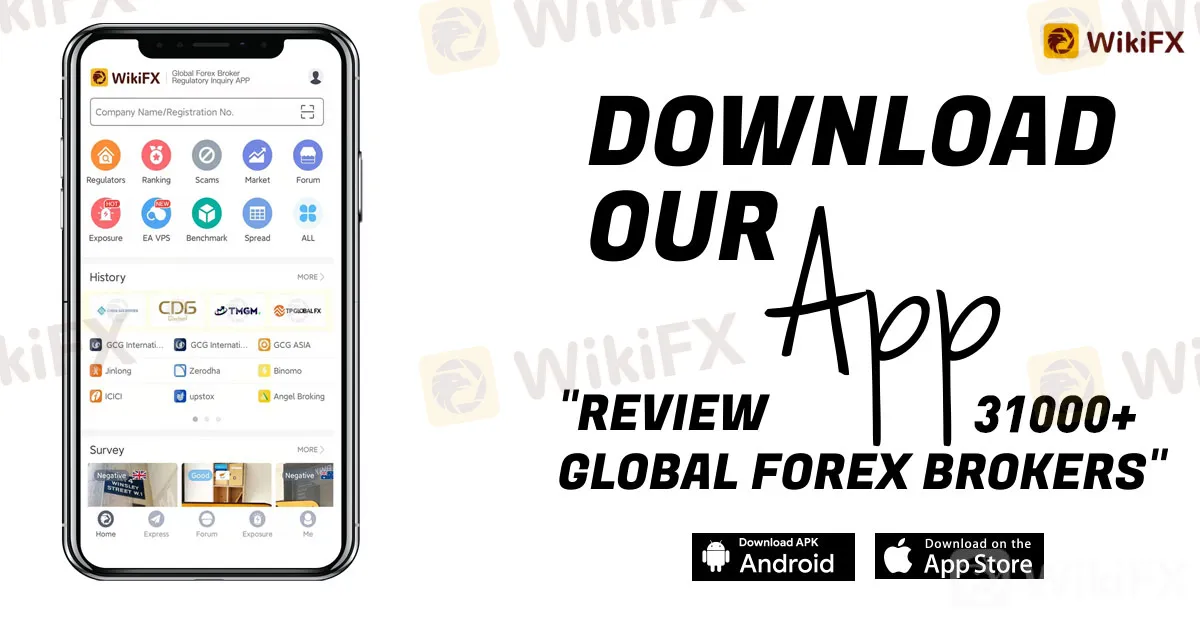简体中文
繁體中文
English
Pусский
日本語
ภาษาไทย
Tiếng Việt
Bahasa Indonesia
Español
हिन्दी
Filippiiniläinen
Français
Deutsch
Português
Türkçe
한국어
العربية
ASIC Warns against Scammers Impersonating Financial Firms
Abstract:The Australian financial supervisor has issued a warning on Thursday against the rampant scammers impersonating companies or financial investment firms to dupe potential victims in the country.

Scammers are reaching out to potential victims through emails, calls and messages.
They provide convincing documents to gain the trust of the potential victims.
According to the Australian Securities & Investments Commission (ASIC) scammers contact through Gmail and Outlook accounts. They usually provide information and materials, including contact details and impressive brochures to show their legitimacy. The provided materials are also convincing and authentic, but the only difference is the contact details and bank details provided on them.
The fraudsters are even making unsolicited calls and sending messages to the potential victims, making promises of high returns and profits.
Further, the ASIC strictly warned people against scammers impersonating companies and asking for remote access to their computers.
“ASIC is aware of scammers impersonating legitimate companies and then use convincing reasons for the victim to give them remote access (i.e. the ability to log into the victims computer or phone from their location),” the regulator said.
“If someone asks you for remote access it is probably a scam.”
Sophisticated Tactics
Many scammers even build relationships and gain the trust of the victims before pitching in a fraudulent investment opportunity. “ASIC has received reports of people being approached over email, social media or dating apps prior to being offered an investment opportunity,” the Aussie watchdog added.
Meanwhile, the ASIC is not the only financial market supervisor to raise an alarm against scams. Regulators of the United Kingdom, Belgium, the European Union, and other parts of the world are also vigilant against such fraudsters and are regularly alarming consumers.
The Australian competition regulator recently sued Facebook for allowing crypto advertisements posted by fraudsters using the photos and fake endorsements of several Aussie public figures.

Disclaimer:
The views in this article only represent the author's personal views, and do not constitute investment advice on this platform. This platform does not guarantee the accuracy, completeness and timeliness of the information in the article, and will not be liable for any loss caused by the use of or reliance on the information in the article.
Read more

WikiFX App Interaction Sessions for the last 10 days of Ramadan
WikiFX is excited to announce an intriguing campaign scheduled to occur in the final 10 days of Ramadan.

Exposing Trading Academy Scams: How Aspiring Traders are at Risk
In the age of digital finance, the promise of financial freedom through trading has never been more alluring. Social media is flooded with advertisements for trading academies claiming to turn beginners into expert traders in weeks, offering ‘guaranteed’ profits and ‘exclusive’ strategies. However, behind the glossy marketing lies a sinister reality as many of these so-called academies are nothing more than elaborate scams designed to exploit unsuspecting traders.

How to Maximize Profits in the Forex Market?
The forex market is ever-changing—how to secure steady profits is the key question for every trader.

Naira Stock Market Sheds ₦365 Billion in a Week
Naira stock market loses ₦365 billion in a week, marking its third consecutive decline and shaking investor confidence.
WikiFX Broker
Latest News
How to Avoid Risks from Scam Brokers in Forex Investment
Beware: Forex Investment Fraud Targeting Low Income Earners
Central Bank Policies,Forex Markets and Gold Prices
These 24 Crypto Scams Are Accelerating the Theft of Your Assets
Beware of Fake 'Educational Foundations' Targeting Crypto Investors, Warns North Dakota Regulator
49 Foreigners Arrested in Illegal POGO Raid in Pasay City
We Asked Grok About Illegal FX Brokers—Here’s What It Revealed
Exposing Trading Academy Scams: How Aspiring Traders are at Risk
Online Investment Scams on the Rise: How Two Victims Lost Over RM100K
Vanished Savings: How One Woman Lost RM412,443 to an Online Scam
Currency Calculator






